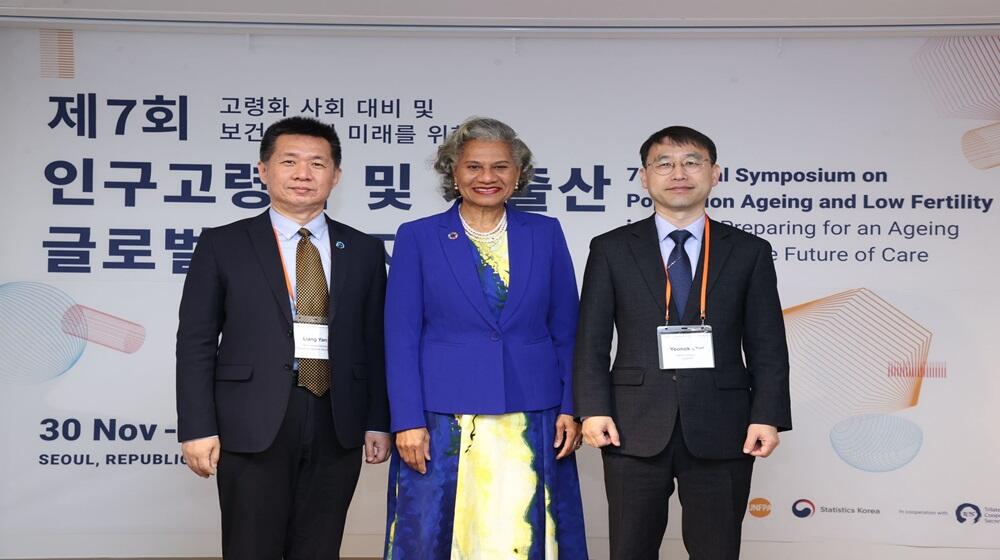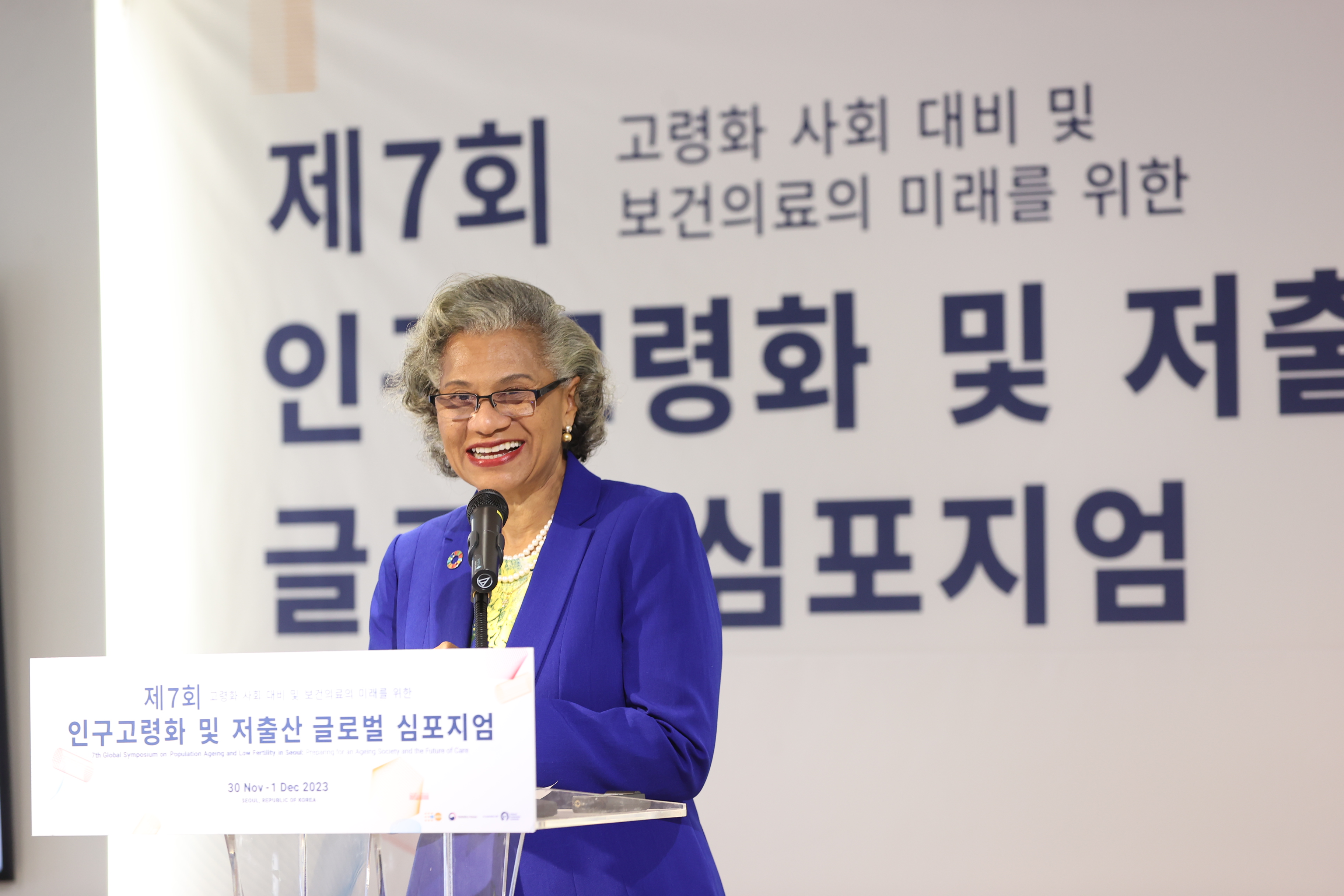
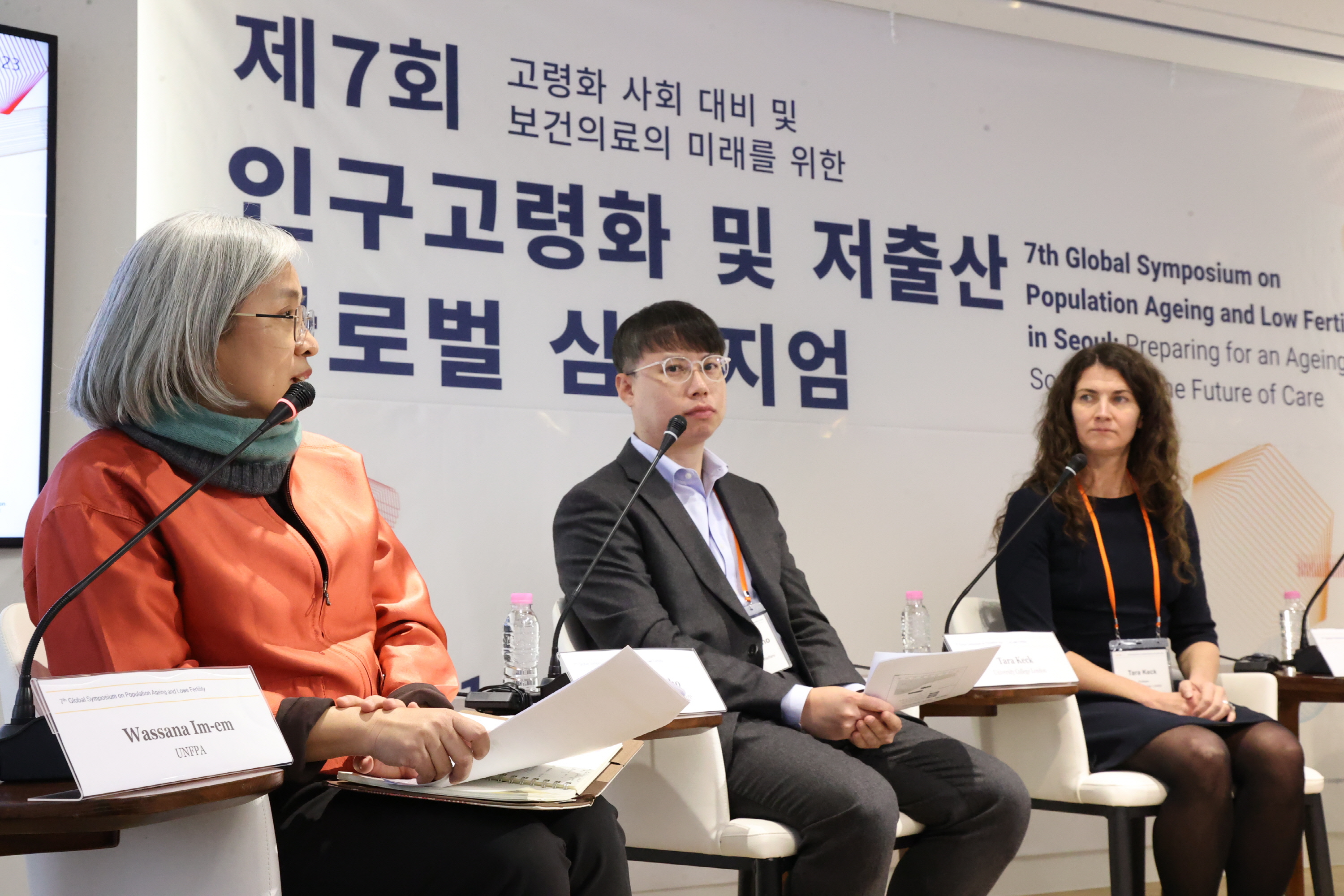

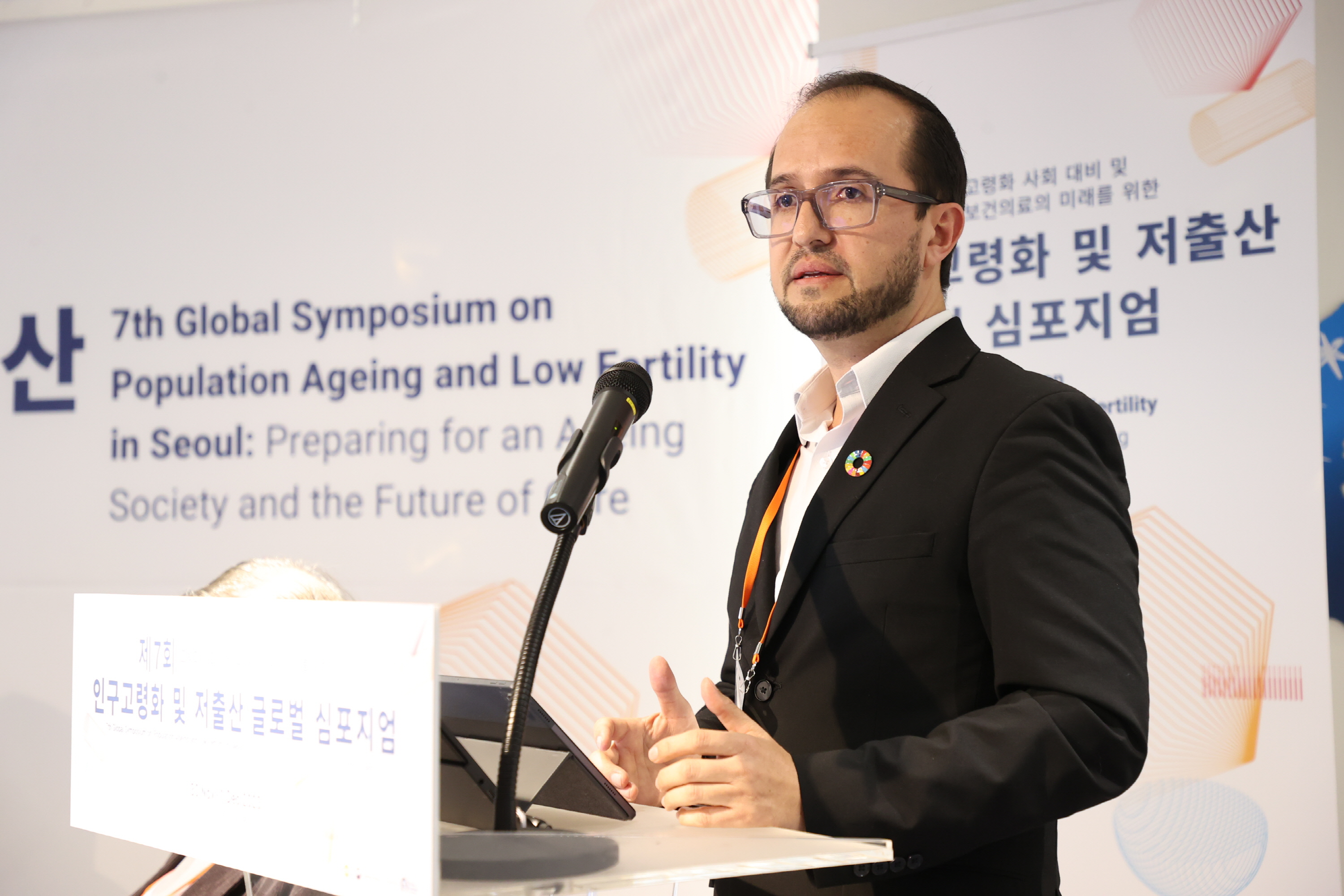
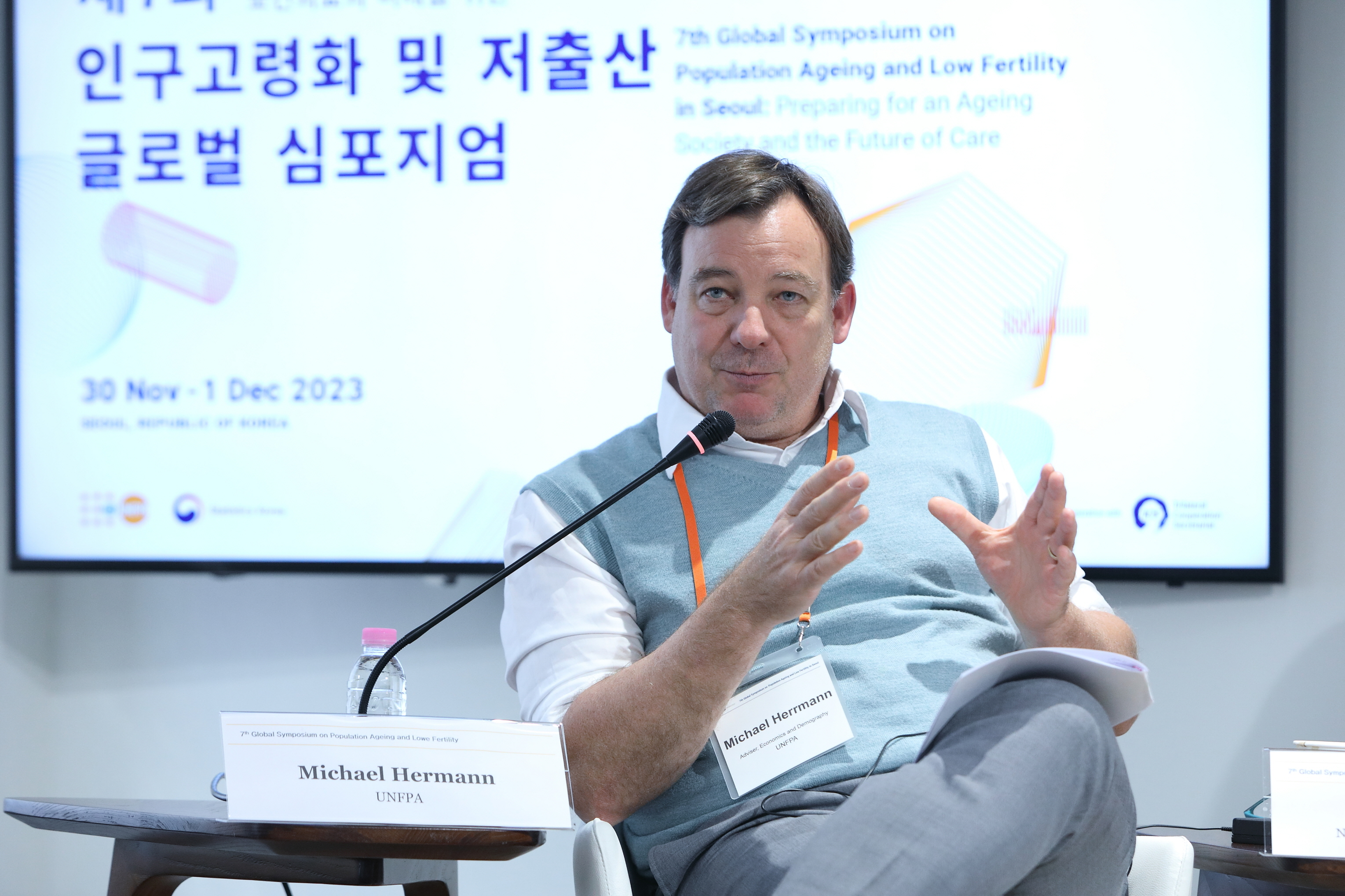

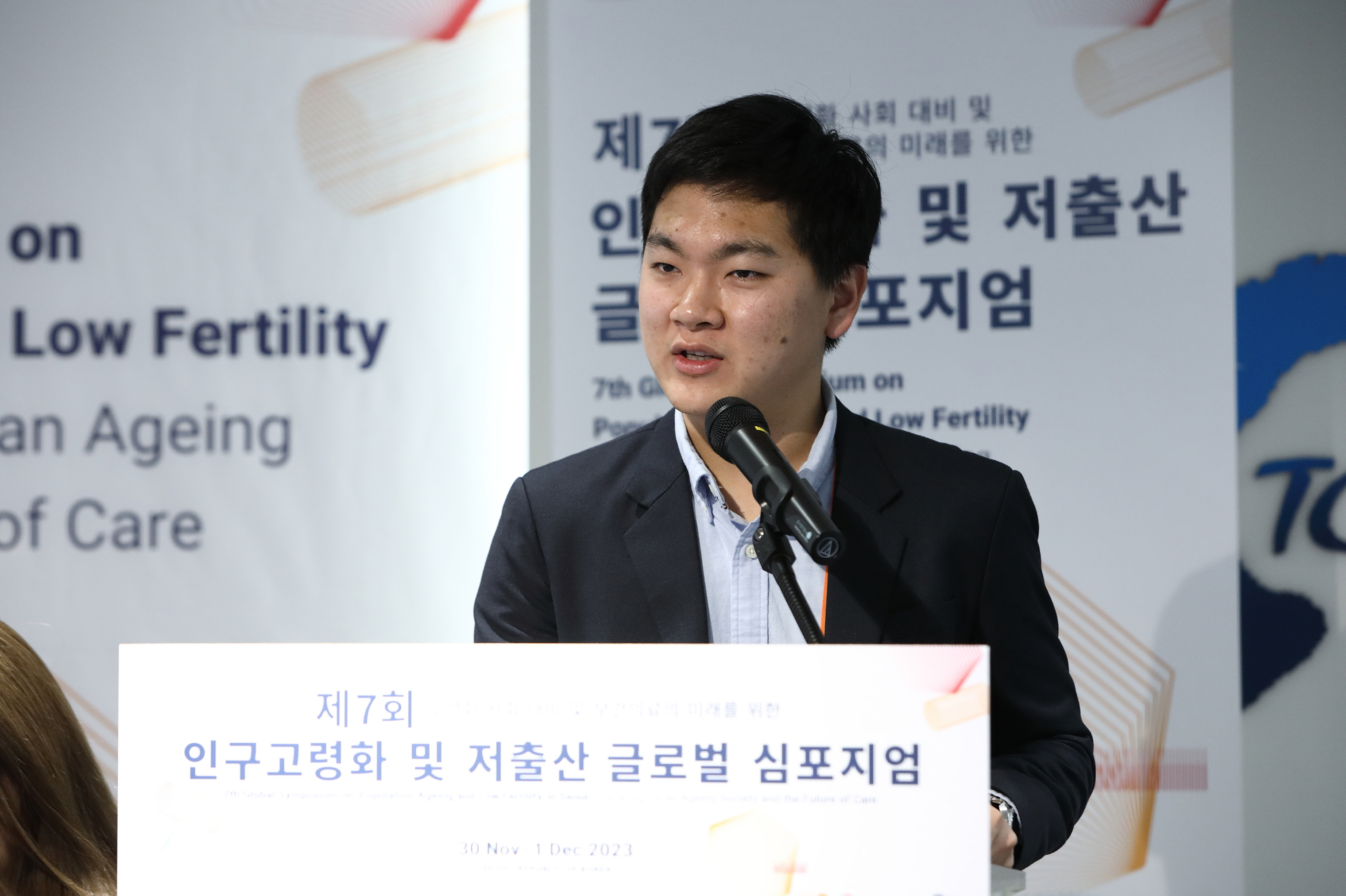

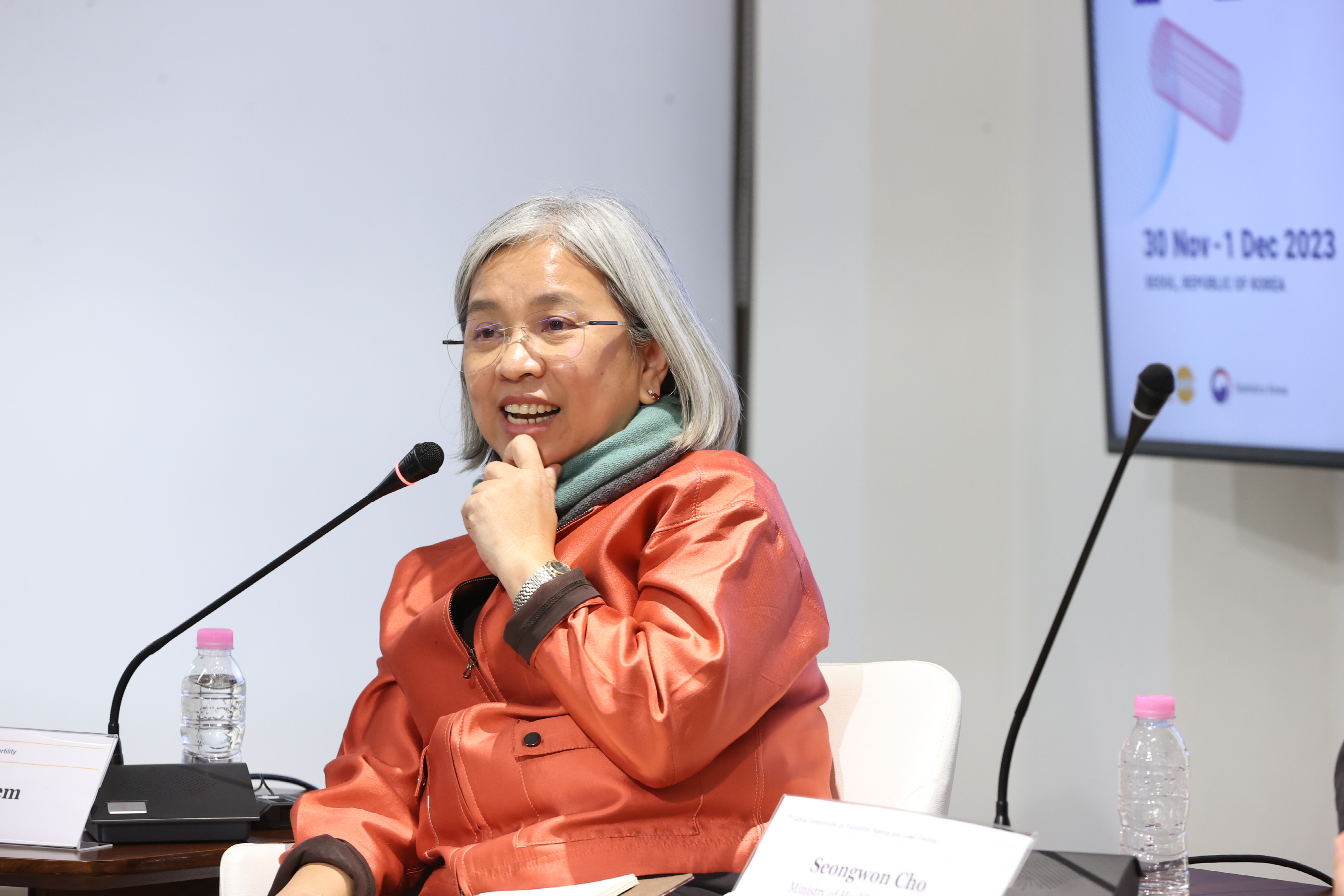

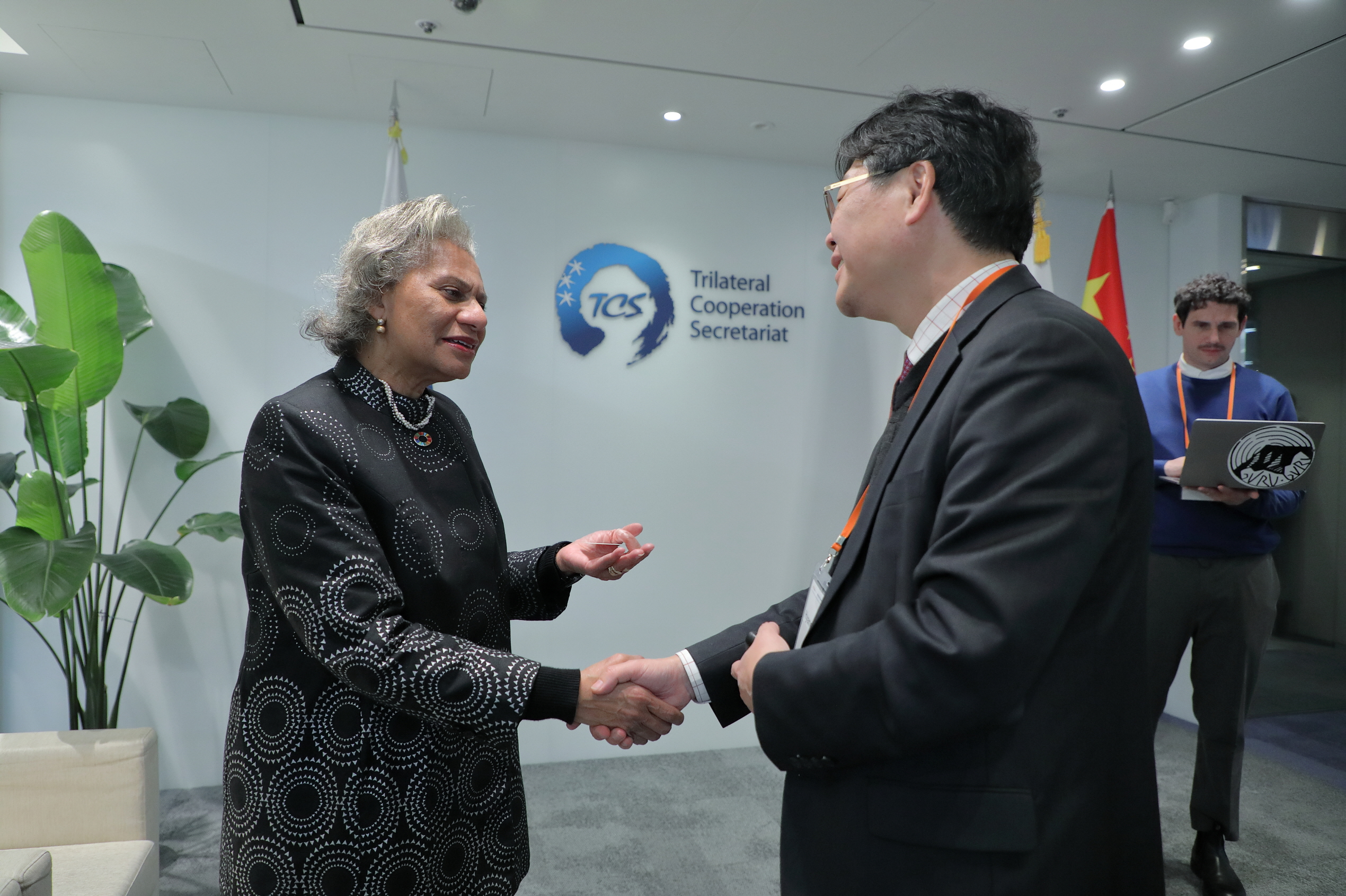

The 7th Global Symposium on Population Ageing and Low Fertility, was built on the 6th symposium held in 2022. Last year’s Symposium focused on ways for societies to build resilience and thrive amidst unfolding demographic changes. For this, societies have to prepare for an older population, anticipate and ideally preempt associated challenges, and prepare to capitalize on opportunities associated with population ageing. To this end, it is essential that countries promote active, healthy and happy ageing – as envisaged by the United Nations declaration for 2021-2030 as the Decade of Healthy Ageing – and that they build more inclusive societies. Whether this endeavour will be successful depends, among other factors, on investment in human capital throughout the life course, the empowerment of older persons, the development of viable care systems, and corresponding adjustments in public and private spending. Consequently, these issues stood at the centre of the discussion of this year's 7th Global Symposium under the motto ‘Preparing for an Ageing Society and the Future of Care’.
The overarching conclusion of the Symposium is that there is an urgent need to rethink the provision and financing of care services for a growing number of older persons around the world. While the immediate need for care services is greatest in countries with the largest number of older persons as a share of the total population, there is a rapidly growing demand for care services in many of the less developed countries that witness a rapid rate of population ageing.
While it took a century for many of the advanced countries to reach a situation where older persons aged 65 or above account for 10 per cent or more of the total population, in some of the less developed countries this will happen in a matter of a few decades. Thus, even in countries that appear far from having an issue with population ageing at present, including many in Africa, population ageing is happening at a very fast pace and requires preparation today.
The symposium highlighted how technological change can help to address some of the care needs, the symposium also cautioned that technological progress will not be able to replace a caring hand. There will be a large and growing demand for care workers, and this will require new approaches to ensure a more sustainable model. At present, care is generally viewed as an expense, and many countries seek to limit the rising cost of care. As a consequence, care services are provided through the public sector and in many cases, countries and households rely on immigrants as care workers, but the immigrants are also often underpaid and overworked, and fall effectively outside the formal economy.
A fundamental requirement for a change in the view on care services is a new perception of associated costs. Rather than seeing care service as a cost only, countries need to recognize it also as an investment. Not dissimilar to spending on education, spending on care services throughout the life course, should be viewed as an investment in human capital. Furthermore, it is essential to recognize that from a macroeconomic perspective, costs are but the flipside of income. In other words, everything that’s a cost to some – governments, companies, households – is an income to someone else, who provides the goods and services. Thus, from a macroeconomic perspective, the growing demand for care services does not need to imply any negative net effects on the economy and is best understood as a structural change in society.
Against this background, the most profound question related to care is a question of distribution of the financial and physical burden of care: Who provides the care, and who pays for the care? To some extent, this is answered by the social contract that implicitly or explicitly underlies different societies and countries, and there is no one social contract that applies to all. But while the understanding of the social contract differs, there are common challenges. The breakup of traditional families – because of rural-urban migration, as well as international integration, for instance – undermines the provision of traditional, intra-household care. Thus, traditional, intra-household care will need to be replaced, more and more, by social transfer and support systems. Also, as care workers move abroad to earn more money, they often leave behind older parents themselves. The only way they can care for their parents is by sending money, personal remittances, home and hiring care workers themselves.
Meeting the growing need for care services will require greater public resources, but as households get richer, a growing share of care services will also need to be financed by households themselves. This can happen through insurance, saving schemes, or other private and innovative solutions, such as reverse mortgage payments. In addition to ensuring adequate financing, there is a need to ensure quality and common standards in care services.
With a view to UNFPA’s work on population issues, notably population ageing and low fertility, the symposium underscored, among others, the importance of
- Collecting more and better and disaggregated population data, to identify the situation, and needs of older persons.
- Using more refined definitions of age, including based on healthy life expectancy and prospective age.
- Supporting national transfer accounts and national time transfer accounts to identify the gender dimension of care.
- Supporting a better understanding of how demographic change, including ageing and low fertility, affect virtually all aspects of society, including healthcare, pensions, other aspects of social protection and labour markets.
- Developing a blueprint of daycare facilities that UNFPA has been supporting in Asia and the Pacific as well as Eastern Europe and Central Asia, and that has been recognized as positive and effective ways to extend care and contribute to active and healthy ageing.
For more details, please contact: seoul.office@unfpa.org

